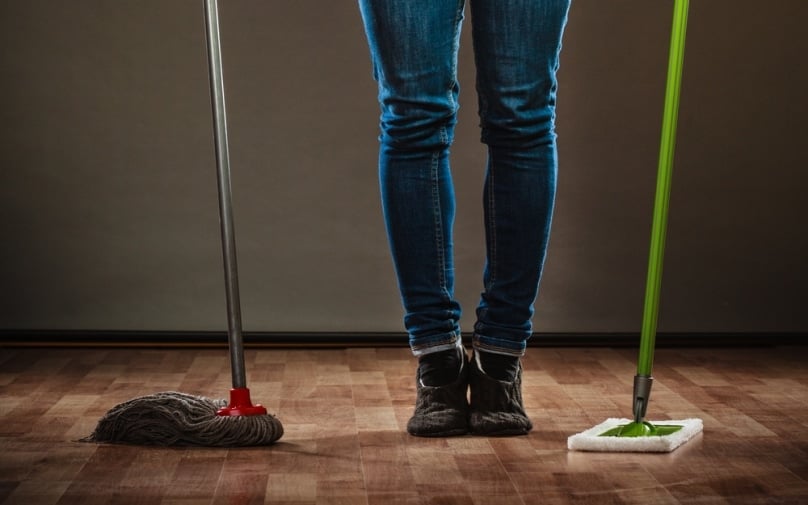
Dear Father, I know we are not supposed to work on Sundays but this is not always easy. What sorts of things we can do and what we should avoid?
The Catechism of the Catholic Church gives the general criterion for how we are to live the obligation of Sunday rest: “On Sundays and other holy days of obligation, the faithful are to refrain from engaging in work or activities that hinder the worship owed to God, the joy proper to the Lord’s Day, the performance of the works of mercy, and the appropriate relaxation of mind and body. Family needs or important social service can legitimately excuse from the obligation of Sunday rest. The faithful should see to it that legitimate excuses do not lead to habits prejudicial to religion, family life, and health (CCC 2185).”
As the Catechism says, family needs can require doing some work on Sundays. Meals need to be prepared and the house tidied up, nappies need to be changed, etc.
Nonetheless, one should avoid doing jobs which take greater amounts of time and which could be done on other days, like the laundry, shopping, painting the house, gardening, etc.
For some people Sunday is the only day on which they can do some of these tasks, and so, of course, they may do them.
As regards public activities, the Catechism goes on to say: “Traditional activities (sport, restaurants, etc) and social necessities (public services, etc), require some people to work on Sundays, but everyone should still take care to set aside sufficient time for leisure (CCC 2187).”
It is obvious that hotels, restaurants, places of amusement and recreation, sporting events, etc, require staff to work on Sundays, as do social services such as police, ambulance services, fire departments, hospitals, aged care facilities, etc.
Catholics, if rostered on, may thus do these jobs even on Sundays but they should try not to make it a regular, or especially a weekly occurrence.
And, of course, they should attend Mass at some time on Saturday evening or Sunday.
It is important too to observe what the Catechism also teaches: “Every Christian should avoid making unnecessary demands on others that would hinder them from observing the Lord’s Day” (CCC 2187).
This refers to employers, who should make up their rosters so as to allow their employees to be able to rest at least on some Sundays each month. It can also refer to individuals, who should not require tradesmen and others to do jobs for them on Sundays. Even if the tradesmen want to work on a Sunday, it is good at least to suggest that they rather spend the day with their family.
We are all aware how, over the years, more and more businesses and shops are open on Sundays and Our Lord is increasingly pushed out of his day.
It is up to us to resist this growing secularisation and to defend our time for rest and the worship of God.
The Catechism teaches: “[Christians] have to give everyone a public example of prayer, respect, and joy and defend their traditions as a precious contribution to the spiritual life of society. If a country’s legislation or other reasons require work on Sunday, the day should nevertheless be lived as the day of our deliverance which lets us share in this ‘festal gathering,’ the ‘assembly of the first-born who are enrolled in heaven’ (Heb 12:22-23; CCC 2188).”
What activities should we try to foster on Sundays? Apart from attending Mass, which is the most important , we should spend time with our family and relatives, something which is often difficult on other days of the week.
In addition, “Sunday is a time for reflection, silence, cultivation of the mind, and meditation which furthers the growth of the Christian interior life” (CCC 2186).
And, of course, “Sunday is traditionally consecrated by Christian piety to good works and humble service of the sick, the infirm, and the elderly” (CCC 2186). In other words it is a good opportunity to practise works of mercy.
St John Paul II sums it up: “Through Sunday rest, daily concerns and tasks can find their proper perspective: the material things about which we worry give way to spiritual values; in a moment of encounter and less pressured exchange, we see the true face of the people with whom we live. Even the beauties of nature – too often marred by the desire to exploit, which turns against man himself – can be rediscovered and enjoyed to the full” (Apost. Lett. Dies Domini, n. 67.
